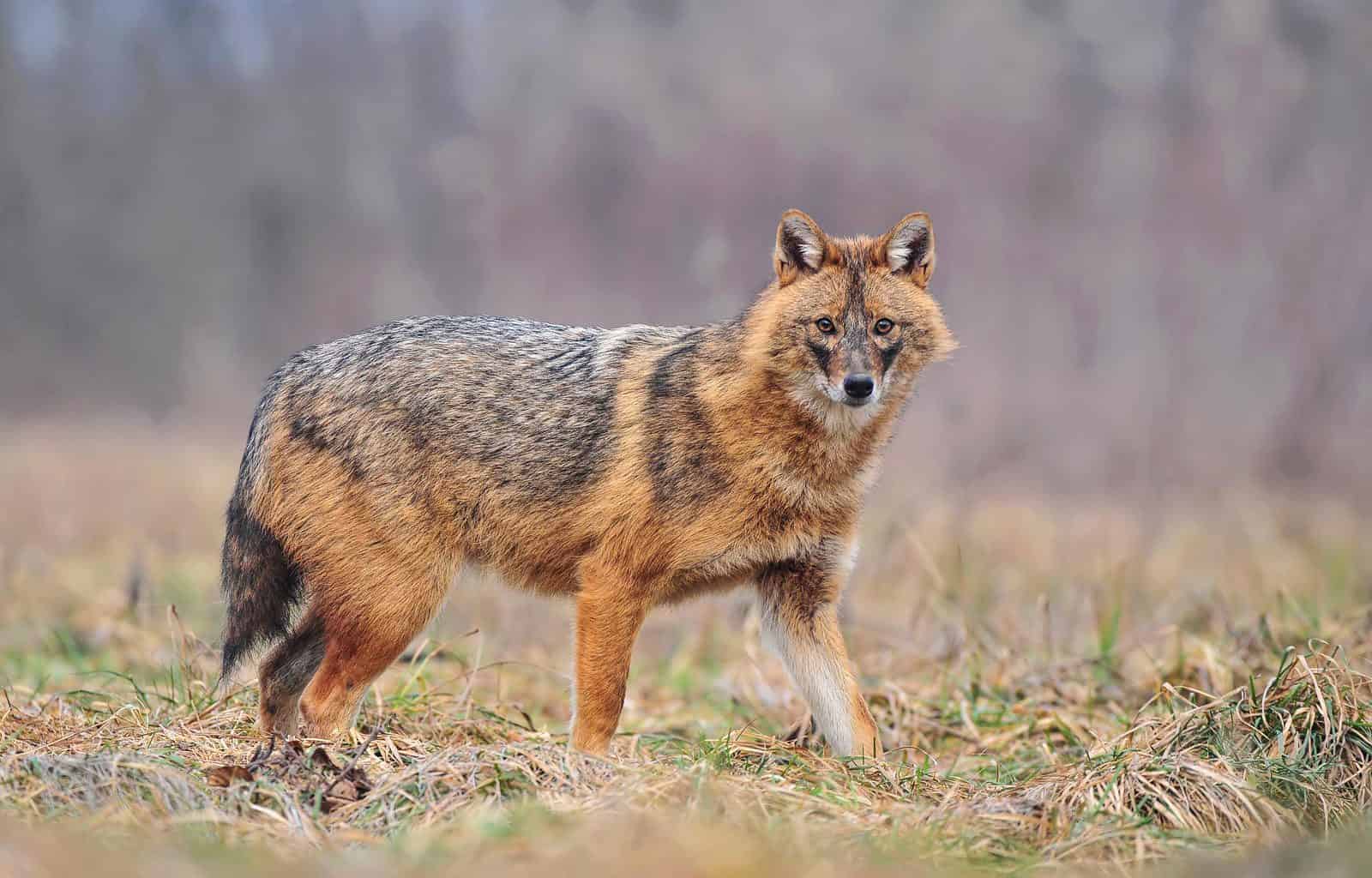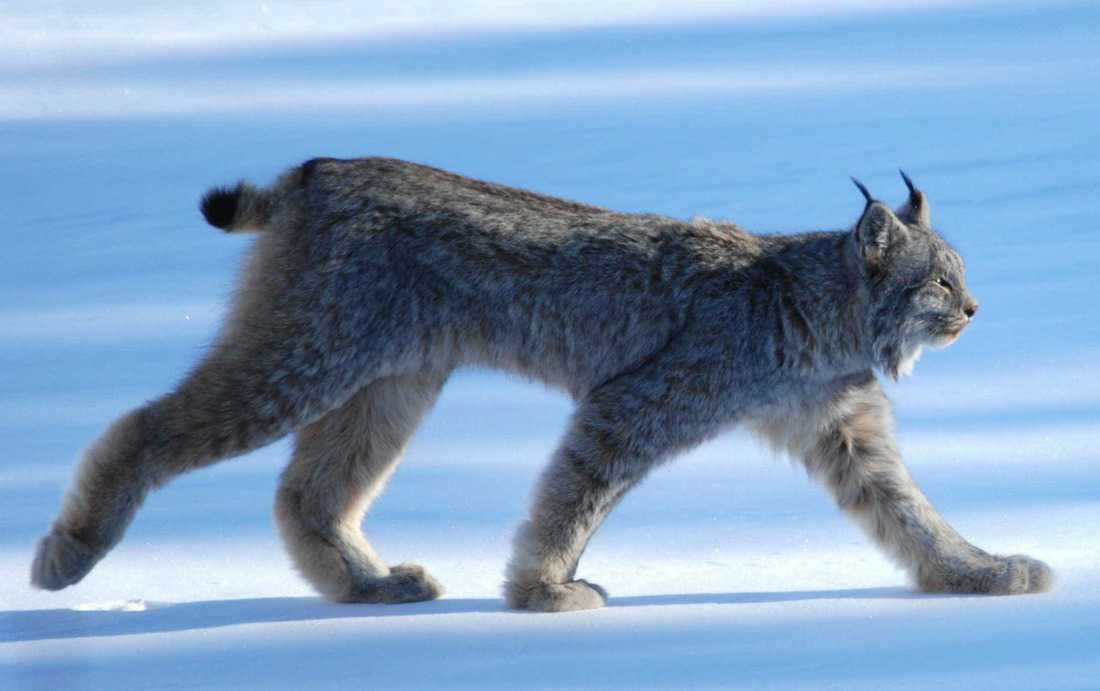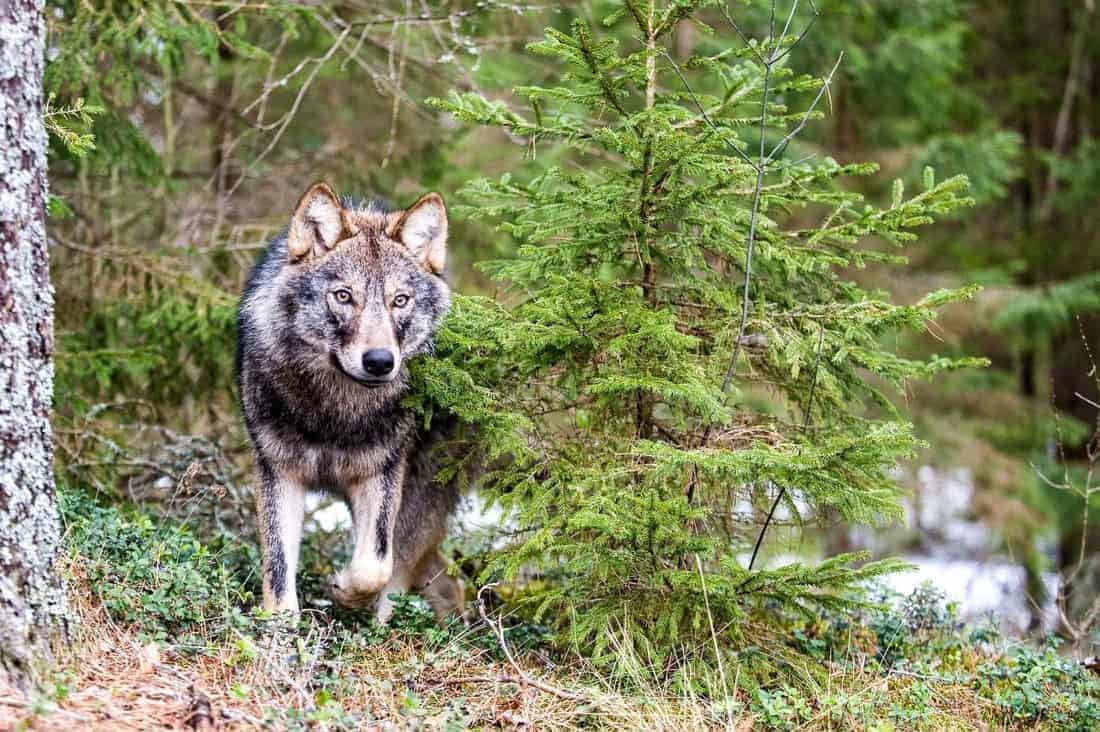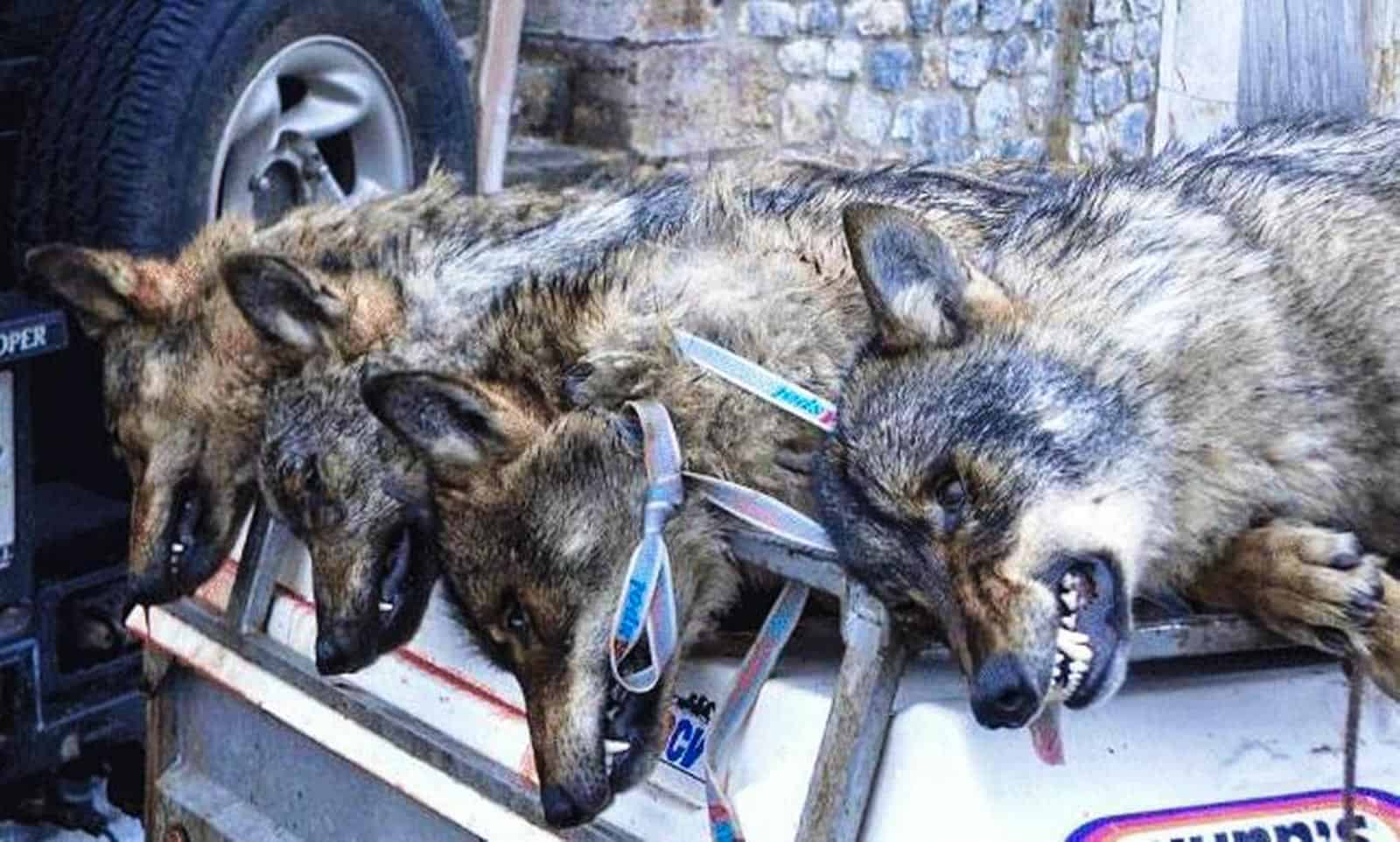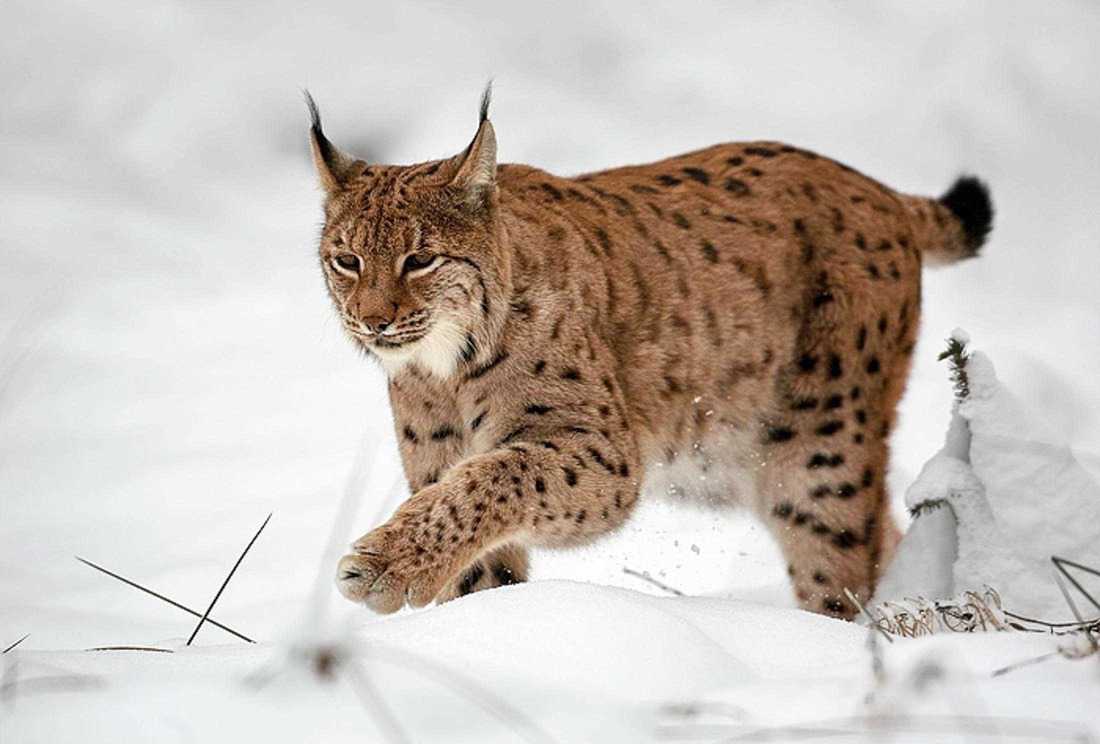Golden jackal takes on the Italian Alps
More than 30 years ago, the first individuals of golden jackal arrived to Italy. It reached Italy by expanding from the Southern European populations across the Balkan. One of the reasons for its expansion, was the disappearance of the local Balkan wolf populations at the time. Normally, the wolf presence keeps the distribution of golden jackals in check. However, since humans decimated the wolf populations in many parts of Europe, the golden jackal expanded its distribution rapidly. Researchers monitor the development of the Italian golden jackal population, especially now that the wolf is returning again in many places as well.
Please also read: New record high observation of golden jackal
Exploring the Alpine region
The development and expansion of the golden jackal population in Italy had three different phases, according to the researcher Lapini and colleagues. In the first phase (1984-1996), there were sporadical sightings of golden jackal and some reproduction. During the second phase (1997-2008), the expansion seemed to slow down and numbers reduced. Yet, individuals reached new territories across Italy. Finally, in the third phase (2009-2018) the golden jackal population expanded rapidly towards the pre-Alpine region.
Until recently, experts thought that the golden jackals does not prefer to stay in areas that have long snow cover during winter. As a result, they tend to stay away from the higher alpine region. Yet, a photographer was able to capture a golden jackal on picture at an altitude of 2400-2600 m, a new altitude record for the region.
Conservation challenges
The golden jackal is listed in Annex V of the Habitats Directive and in Appendix III of the CITES protocol. Furthermore, in Italy it is protected by legislation through LN 157/92. Nevertheless, the golden jackal population is facing conservation problems. There is a relative high mortality rate, due to illegal culling and use of poisoned bait. Researchers found that in the last three years, at least ten percent of the population died from these causes.
We therefore urgently need awareness raising activities to inform locals, on what they see as an unwanted intruder. If we have learned anything at all from the human-wolf conflict in the region, it is that people are often unwilling to adapt to new circumstances if they do not understand the situation correctly.

